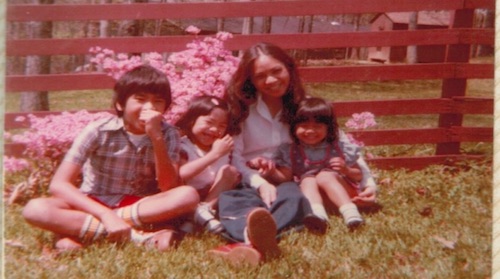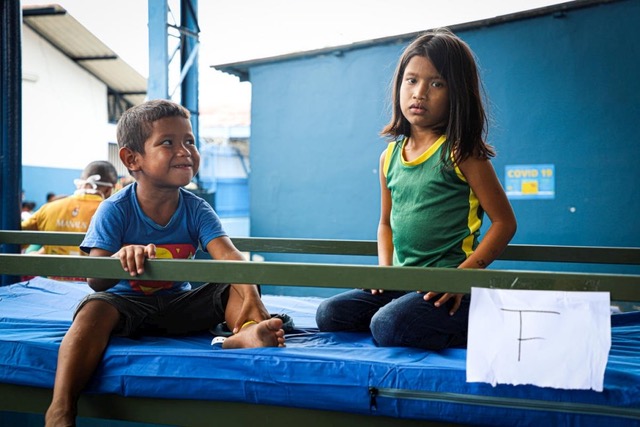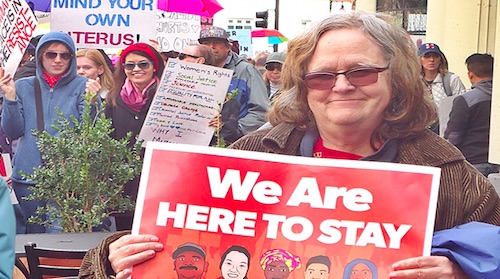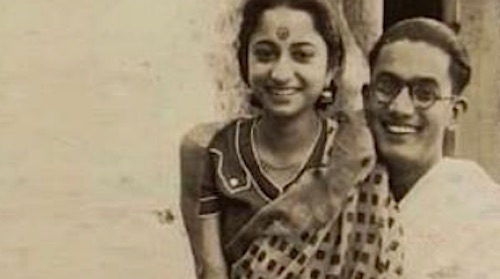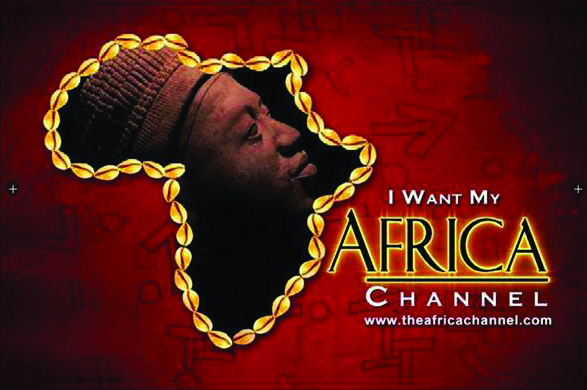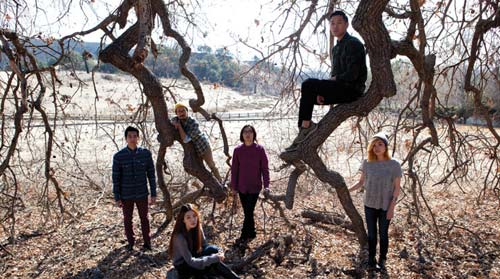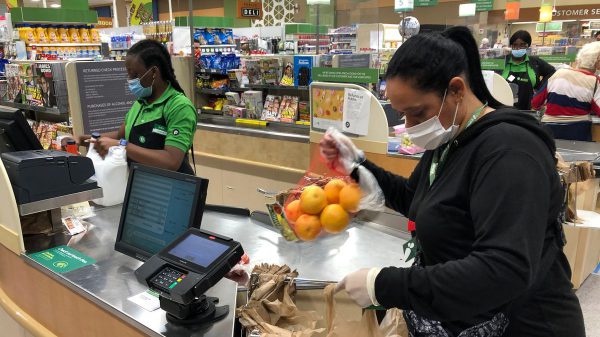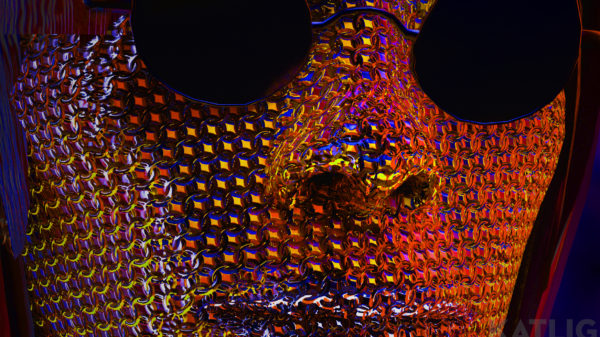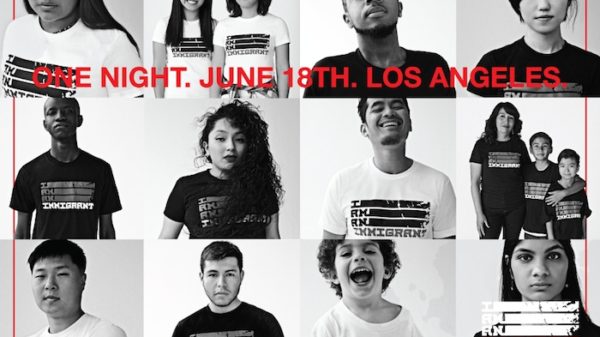Adrienne Minh-Chau Le’s “Letter To My Refugee Mom” is what the title suggests it is – a straightforward, sincere, moving epistolary spoken by one generation toward the legacy of sorrow and struggles of an older generation. While the events (war, exodus, refugee life) that Le’s “letter” addresses have their roots in historic events of four decades past, the themes in this piece are no less relevant in today’s world – which we all know has its share of continuing war(s) and refugee crises. Le’s letter is a particular account, that will surely resonate on a collective level.
When I ask what you remember most vividly from the day that Saigon fell, you remember people’s sad eyes.
You were home alone when the South Vietnamese government surrendered on April 30, 1975. You ran outside in disbelief, joining your neighbors on the street. There were tanks — American tanks — coming down your streets, displaying the wrong flag, being driven by the wrong soldiers.
You wanted to cry but the tears wouldn’t come. You were 22 years old and two months pregnant with your first baby girl.
In the years that followed the fall of Saigon, every fiber of your body was bent towards finding a way. At first, you were finding a way to survive under the new regime — finding a way to live with the raids, the burning of your precious books, the agony of having your father and brothers taken away to “re-education” camps, the unpaid field labor, the hunger, the repeated changing and depreciation of currency that left you with nothing, and nothing, and then nothing. But your country had become unrecognizable. Fear and secrecy ruled your life, and the only way to survive was to leave.
It took two years to plan the escape, and you had to hide it from everyone, including your parents. Everyone knew that escaping by sea most likely meant dying, and your mother wouldn’t be able to take it if she found out. Two days before getting on the boat, you went home and looked into your father’s eyes; they had grown old and clouded with cataracts. You asked him to tell your mother you were leaving.
He crumpled to the floor, right there in the doorway, and cried. “Let me send a younger brother with you,” he pleaded. Of the 12 children, two sons were still in re-education and two were at home, at risk of being drafted into the Communist army. It was too much weight to bear. You promised him you would find a way.
The first time I saw you cry, we were watching a video of your father’s funeral. You weren’t able to fly back to Vietnam to attend. I asked what was wrong, and you explained that Grandpa was in that blue thing that looked like a vase. I imagined him sitting in a fetal position in that urn. I didn’t really understand, but I cried because you were crying.
You left Vietnam in 1979 on a moonless night, on a small fishing boat with your husband, your brother, your three-year-old baby, and 21 other people. For three nights and four days you were seasick, but you thought of only one thing: go far out to sea, away from Vietnam. When Thai pirates chased your boat, you shut your eyes tight and prayed to Quan Âm, the Buddha of Mercy, for you had heard the stories about looting and rape. Your prayers were answered, and somehow the pirates lost track of your boat.
On the fourth night, you saw land. But when you got to the shore, you watched your husband, brother, and the other men get beaten by the Malaysian police — taking rifle blows to the head. You spent that night shivering on the beach, hugging your baby close and wondering how people could be so cruel. The next day, you were put on a ship with 300 other people and no engine, towed out to the middle of the sea, and left there to die.
Exhausted and delirious with hunger, you lay down in a corner of the ship, too frail to move or even speak when a man unknowingly urinated on you in the dark. When you regained consciousness, an Indonesian naval ship had arrived to rescue you.
You talk about your life in the refugee camp with a kind of fondness. You found work there, sewing clothes for local people and other refugees, and made new outfits for your baby with leftover fabric. You laugh as you tell me how your brother would shoo away people who pooped near your sleeping place and how the two of you would rush across the threshold between islands as the tide rose, carrying bundles of fruit that you’d collected and would later sell. When the water reached your thighs, he would urge you to go first so that he’d be the one to drown if the tide rose too quickly. Neither of you knew how to swim.
You say you survived because heaven loved you. After eight months in the refugee camp, perfect strangers at a church in Knoxville, Tennessee sponsored you to come to the dream land. Your fight to survive and thrive in America is a whole other story that deserves to be told — the success of which you attribute as much to the graciousness of others as you do to your own iron will.
Maybe that’s what’s most incredible about all this, Mom: when you tell me these stories, there is no hint of bitterness in your voice. At times you whisper, you sigh, you exclaim, you laugh, your eyes get sad. But over all there’s just a calm acceptance that this is what your life has been.
I sit with you on the floor of your bedroom, having finally gathered the courage to fly home and ask properly for you to tell me about your life so that I can record it. We talk in Vietnamese, a language I speak and understand because of you. But how can I ever truly understand what you have lived through, or what it means for me to inherit this history?
I have grown up so comfortably eating the fruits of your suffering.
I’m 24 years old now, just about as old as you were when you left Vietnam with my big sister in your arms. From the moment I entered this world as your second baby girl, I have never wanted for anything. Heaven willing, I will never know the hunger and desperation that defined your twenties. It’s amazing how much can change in a generation. You have never hesitated to tell me how proud you are of me. And yet, with all the privileges I have as a healthy young woman with a Yale degree, nothing I accomplish can compare to what you’ve done.
You transformed your suffering so that I never felt it, never saw it hidden deep inside the wellspring of your love, until I was old enough to be curious and started digging. I know you don’t want me to, but I cry for you when I think about your past. It makes me want to do everything for you — and I do. You have always told me that my blood is your blood, that my bones are your bones. I am you and you are me. Your past is mine, the present is ours, and my future is yours. Everything I do in this life is for you, Mom. I hope you feel that.
Related storiy: Our Vietnamese Hearts
Adrienne Minh-Chau Le is a writer, mindfulness practitioner, and non-profit consultant based in New York City. She is an alumna of Yale University and the daughter of Vietnamese refugees.
This post is part of diaCRITICS’ Vietnamese American Literary Series, OUT OF THE MARGINS, launched in 2015-16. The series curates literary work from poets, writers and artists of Vietnamese-American and Vietnamese diasporic experience. Our mission is to create an inclusive, diverse, provocative, ongoing space for voices and visions from this community, thus bringing them out of the margins. Dao Strom is the series editor and curator. This essay was initially published on the public radio program On Being.

